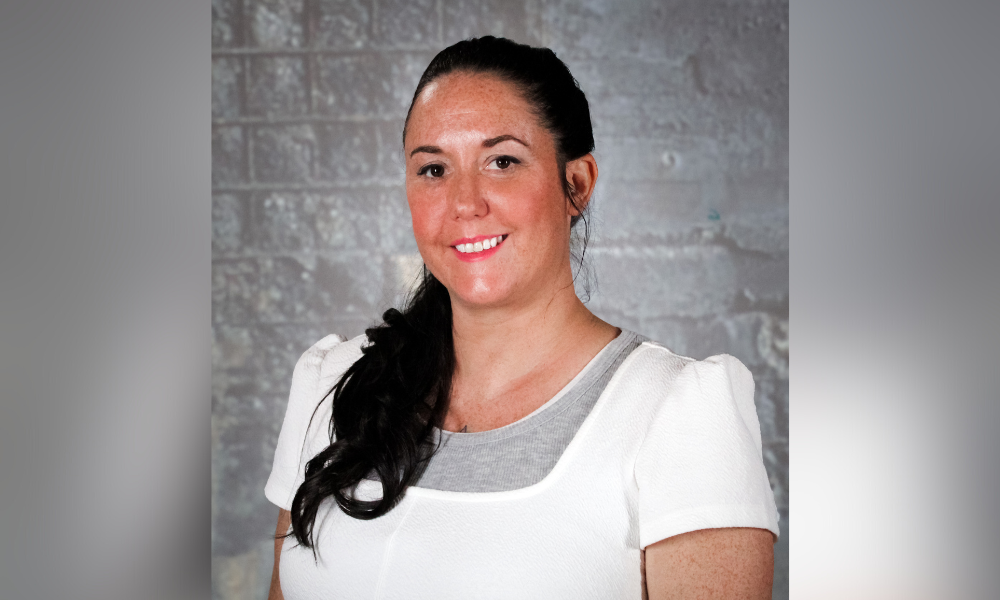'I think it's time we invested in the frontline workers of construction'

Concerns over labour shortages are gripping the North American construction industry. While supply chain integrity and looming deadlines are top of mind for those in the space, another worrying consequence is the loss of sector-specific knowledge.
“We've always had the luxury of side-by-side mentoring. Think about the 50-something year old laborer that has been in the field for over 30 years, showing the young guns the tricks of the trade that are only documented in her/his mind.
That mentorship is now disappearing as baby-boomers decide to retire early, over three million went into retirement early because of the pandemic. That's leaving us with a giant hole. New workers that need to be trained, while new infrastructure is being mandated by both public and private sectors to be built faster than ever,” says Carley Hill, Founder and CEO of CAHill TECH.
And having access to a mentor is more than valuable on the health and safety side of things, because a lot of the knowledge accrued by industry veterans really makes a life or death difference. “There’s no room for guessing,” she says, because in construction “people’s lives are usually changed when things go wrong. It’s not an inconvenience, it’s usually a life-altering experience that occurs in a really negative way.”
This is why Hill founded her company, to harness the power of technology to empower workers with invaluable information. CAHill was founded in 2019, and offers an app called aQuiRe.
Her platform helps document “
The CEO says that she wants to use technology
“I think it’s time we invested in the frontline workers of construction,” says Hill.
Hill grew up in a family-owned business, building roads and bridges in Buffalo, NY, so she has a deep understanding of the sector.
During her time with the family business, she ran safety and risk management for around five years. Hill also did equipment logistics, worked as a concrete finisher, a carpenter, etc. And though she would like to go back to that someday, she says that she is focused on her business for now.
After graduating, she pursued a degree in fine art – she says that she always had a creative streak, which has helped her build her current business. After spending 15 years helping to grow her family’s business, she saw a problem in the industry, so she decided to start her own.
“I decided I really wanted to do something to address this problem that’s happening across the nation – and in most of North America – [which] is this massive transition of generational knowledge from one group of people to another within the heavy construction industry.”
The platform offers microburst video training, organized into a simple category layout of different topics. It is available on any device, and clients include private, public, and governmental agencies involved with heavy highway construction, energy, and power. She has recently found interest from secondary and higher education institutions looking to build the trades into their workforce development programs, along with prison and veteran reform and rehabilitation programs.
Video-based learning is “amazing,” says Hill, because it’s such a powerful medium for storytelling. She says that this is essential, because many in the industry are kinesthetic people who prefer a hands-on approach and who are auditory/visual learners.
She says that the company has also recently expanded its mental health and well-being training.
Technology offers a safe space for users to engage with mental health content, she says, because it gives immediate help but at a distance – though some people may want to directly engage with someone, many others like to have a little bit more of a degree of separation, because “we can be a little more open and upfront.”





